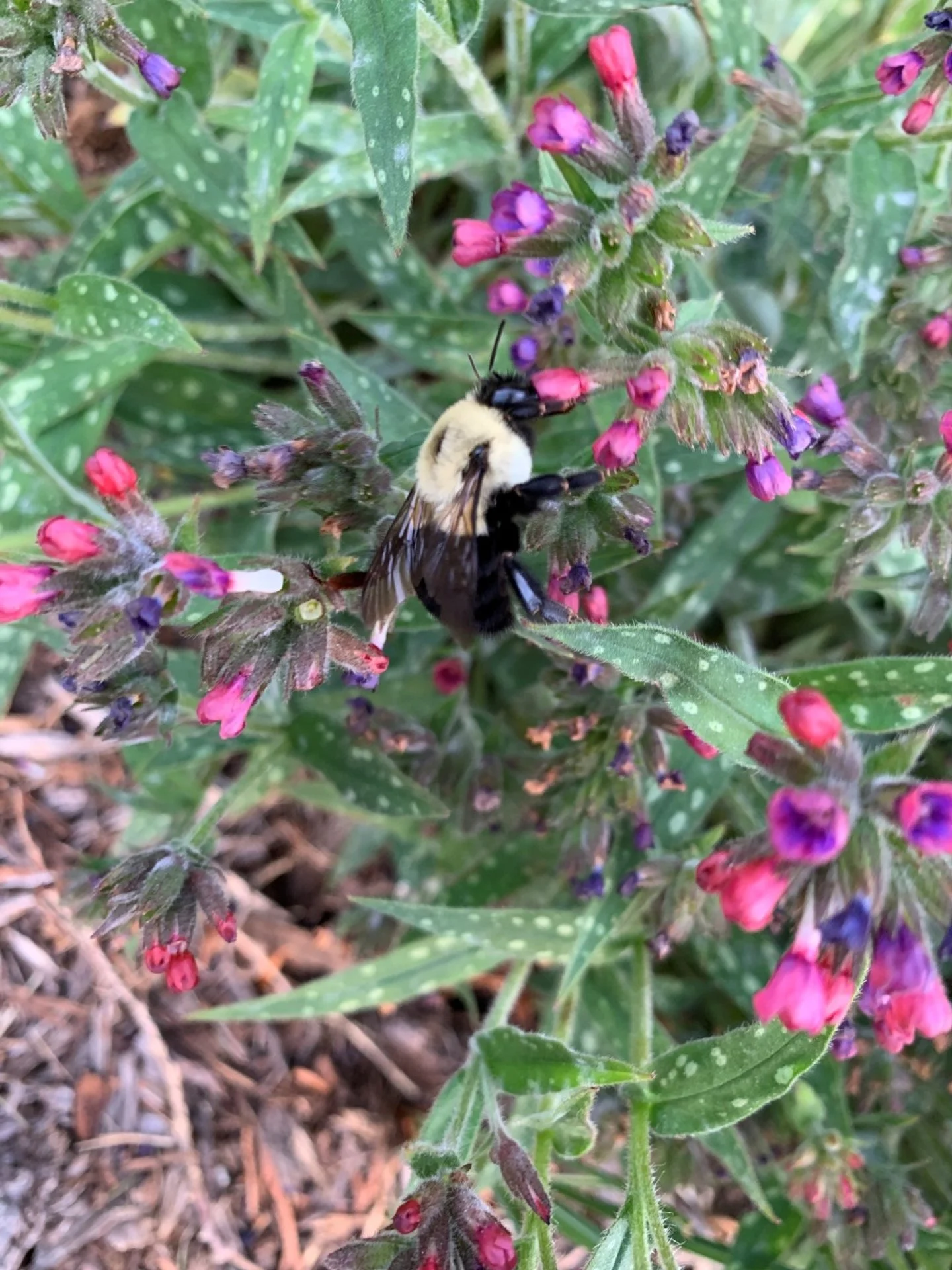
Need a Little Extra Thyme?
Fresh herbs are easy to grow and delicious to use. Versatile thyme can be used either fresh or dry, can be grown for edible uses or as a perennial ornamental that will attract pollinators. It is easy to grow, does not require special conditions, and can be easily moved indoors when winter threatens.

Proper Tree Planting
Spring is an ideal time to plant new trees in the landscape. There are some key practices that ensure long term success for your new addition.

Watering Gardens
In Wisconsin, some growing seasons have abundant rainfall and others do not. Seldom do we go through an entire season without needing some supplemental watering. Lack of water for even a short period of time can have a detrimental effect on plants as they rely on the water to draw up nutrients from their roots to the rest of the plant. Under drought stress, plants may produce stunted fruit, produce no fruit at all, or may produce tasteless, woody, or unpalatable fruit. Knowing how much, when, and how to provide water is a key factor in gardening success.

Growing Greens
Spring has arrived and most gardeners are anxious to start growing something. It is too early to plant most vegetables, but some of the earliest that can be planted are the greens. The most common green is lettuce, but arugula, cresses, endive, kale, spinach, chard, and beet greens also fall into the category. The easiest way to get a variety of greens is to plant mesclun.

Classic Cosmos
Why do you grow flowers? To attract pollinators and beneficial insects? For the sheer beauty? For cut flowers? To brighten your landscape with late-season color? To have some flowers for drying? If you answered yes to any of these questions, then you need to add some easy-to-grow annual cosmos to your list of favorite plants.

Native Bees
Bees are important insects for our food sources. Seventy-five percent of our major food crops depend on pollination to mature, and bees are great pollinators. While honey bees are an important source of that pollination, and provide the added benefit of delicious honey, they are not the only bees that we enjoy here in Wisconsin.

Catalog and Seed Selection
Starting with seed catalogs, first determine if you need to order your seeds or if you can simply go to a local store and pick up what you need. If you are just buying a few things, are not particular about the variety, and only want seeds in the spring, ordering is likely not necessary. The Federal Seed Act of 1939 requires accurate labeling, purity standards, and minimum germination standards, so even smaller packets of cheaper seeds will produce similar results to more expensive seed packets in catalogs.